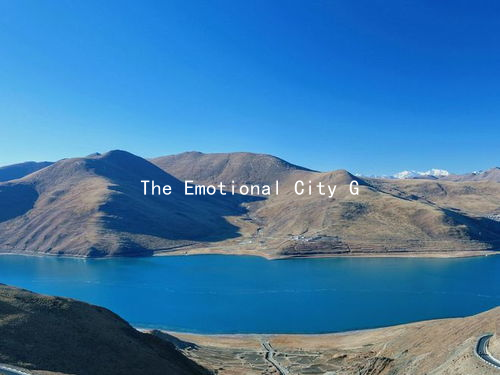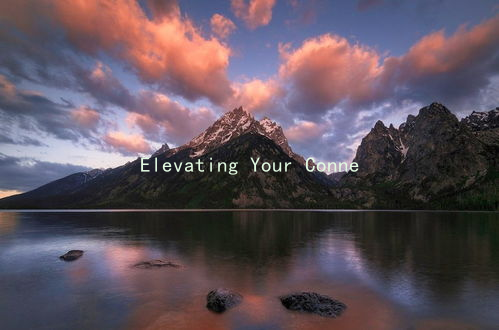The Emotional City Guide to Relationship Red Flags: What to Watch Out For
The Emotional City Guide to Relationship Red Flags: What to Watch Out For
Navigating the intricate landscape of relationships can often feel akin to exploring a vibrant city filled with hidden gems and potential pitfalls. Much like in an urban environment where certain signs signal danger or distress, relationships carry their own set of emotional red flags. These warning signs can surface subtly or loudly, indicating that something may be amiss in your relationship. Being vigilant about these red flags can help you avoid emotional turmoil and lead you towards healthier connections.
1. Lack of Communication: The Silent Streets
One of the most significant red flags in a relationship is the lack of open communication. Healthy relationships thrive on dialogue, where both partners feel comfortable expressing their thoughts and feelings. If your partner avoids discussing important topics, or if conversations often feel one-sided, this could lead to misunderstandings and resentment over time. Imagine walking through a city with silent streets—there’s a sense of unease. Maintaining open lines of communication is crucial for any relationship to flourish.
2. Controlling Behavior: The Caution Signs
Just as caution signs alert drivers of road hazards, controlling behavior in a relationship serves as a stark warning. If a partner frequently checks in on you, dictates who you should socialize with, or tries to control your decisions, it’s important to recognize this as a serious red flag. Healthy relationships are built on mutual respect and trust, not on power dynamics. A partner who seeks to dominate may lead you down a path of emotional distress, much like navigating a dangerous intersection without proper signals.
3. Inconsistent Effort: The Bumpy Roads
Relationships require effort from both parties to thrive. If you notice that one partner consistently puts in the work while the other only engages when convenient, it can lead to feelings of imbalance and dissatisfaction. Think of it as bumpy roads that make your journey uncomfortable. A lack of reciprocity in effort can signal deeper issues, indicating that one partner may not be wholly invested in maintaining the relationship. Recognizing this early on can prevent future heartbreak.
4. Jealousy: The Unexpected Detours

Jealousy can initially seem like a sign of love, yet it often masks deeper insecurities. If your partner reveals extreme jealousy over your friendships or activities, it can restrict your freedom and individuality. This emotional detour can lead to isolation and bitterness over time. Like roadblocks that suddenly alter your path, excessive jealousy can divert a healthy relationship into a territory filled with mistrust and anxiety.
5. Disrespect: The Dead Ends
Mutual respect is the cornerstone of any solid relationship. If you find that your partner frequently belittles you, disregards your feelings, or makes disparaging comments, these behaviors cannot be ignored. Encountering dead-end streets can be frustrating and disorienting; similarly, enduring disrespect can lead to a toxic environment where love cannot thrive. It’s vital to understand that enduring disrespect can erode your self-esteem and overall happiness.
6. Unresolved Conflict: The Traffic Jams
Every relationship will encounter conflicts, but how they handle these issues is vital. Prolonged disagreements without resolution can lead to emotional congestion, similar to a city experiencing a traffic jam. If arguments are brushed aside, or if one partner refuses to engage in resolving conflicts, it could signal a reluctance to address deeper issues. Effective conflict resolution is crucial in maintaining a healthy relationship, much like finding alternate routes during heavy traffic.
7. Fear of Commitment: The Temporary Stops
If your partner frequently expresses fear of commitment or avoids discussing the future, this could be a red flag worth noting. Just as temporary stops in a city indicate uncertainty about the journey ahead, a reluctance to commit can leave you questioning the relationships direction. It’s essential to discuss your goals and expectations openly to ensure both partners are on the same page, paving a smoother path toward a shared future.
In conclusion, recognizing emotional red flags in a relationship is similar to identifying potential hazards on a city map. By staying attuned to these signs—lack of communication, controlling behavior, inconsistent effort, jealousy, disrespect, unresolved conflict, and fear of commitment—you can navigate your emotional landscape more effectively. A healthy relationship should feel like an exciting adventure through a beautiful city, filled with mutual understanding, respect, and a shared vision for the future. Stay alert, trust your instincts, and remember that you deserve a journey that lights up your emotional world.





